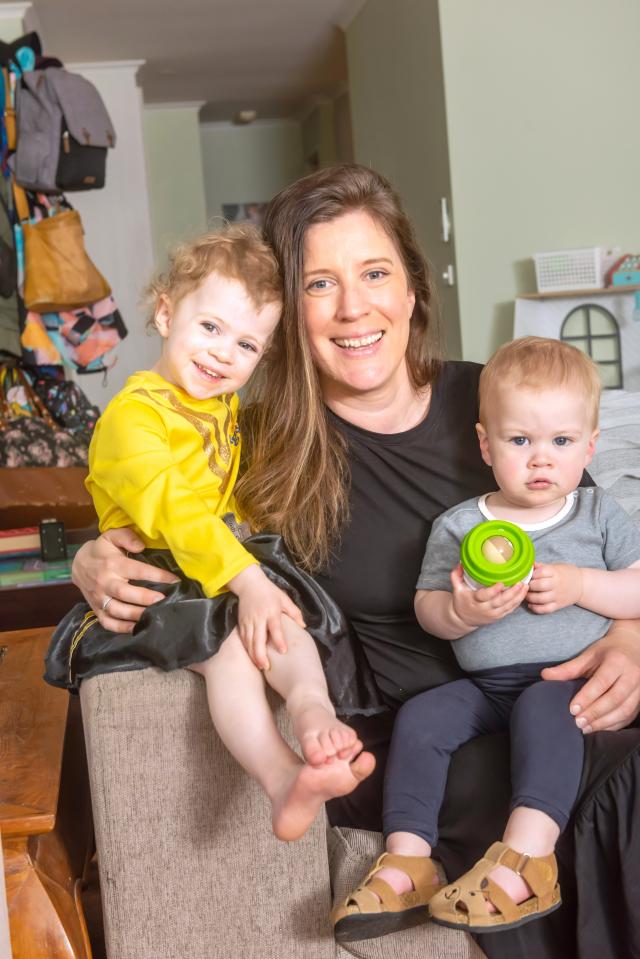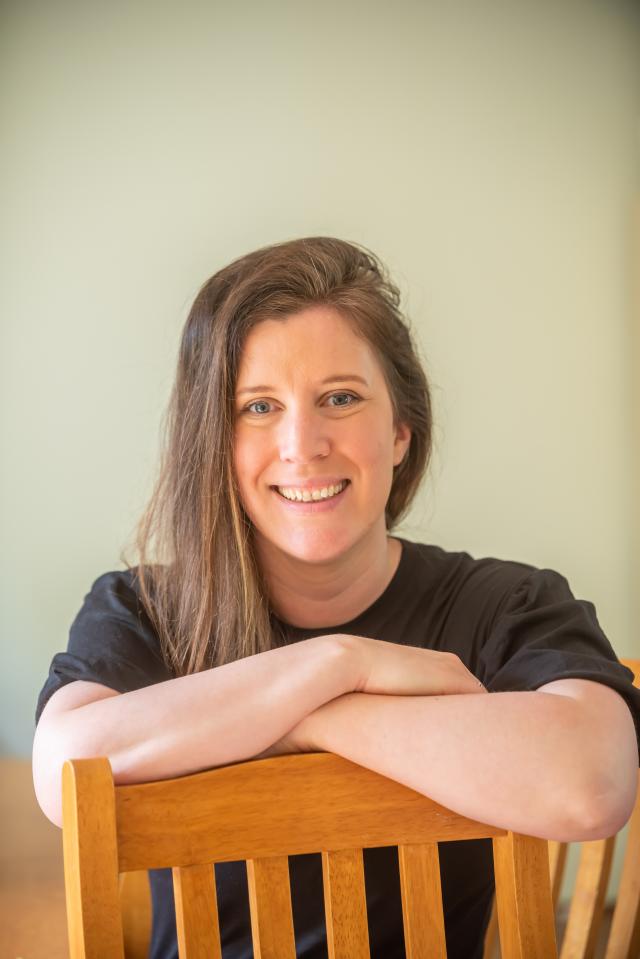By Casey Neill
Aly Backman’s anxiety around breastfeeding started soon after her daughter Daisy was born.
The Lilydale mum’s milk came in on day two and her breasts “just exploded”.
Daisy was struggling to latch and Aly was in pain.
“I was told ‘it will calm down, it will calm down’,” she said.
“It never calmed down.”
She experienced her first blocked duct about a month in, and frequently thereafter.
Daisy just didn’t need all the milk Aly’s body was producing.
“I was so disconnected from Daisy, with the birth trauma and then the breastfeeding trauma on top,” she said.
Aly saw a local lactation consultant, describing the visit as “useless”.
She saw a breastfeeding guru that her GP recommended, and a women’s physio who performed an ultrasound on her breasts.
She tried different latches. She tried feeding more frequently, but Daisy just wasn’t hungry. She tried cabbage leaves, heat packs, ice packs…
“I spent upwards of $1000 on intervention. Nothing worked,” she said.
“I wanted to fix it so badly but nothing ever fixed it.
“It was awful. I really didn’t even want to leave the house.
“I always had a pump with me to try and take off a bit of milk.
“I very rarely had that feeling of deflated boobs. My boobs were always full.
“I slept on my back for nine months because I was terrified to sleep on my side.
“I didn’t wear a bra for nine months, I wore those crop singlets.
“Something that should have been so natural was so s***.”
Nine months in, Aly had blockages in both breasts and decided it had to end.
She sought advice from her maternal and child health nurse.
“She made me feel confident enough to go ‘we have to go cold turkey here’,” she said.
A doctor prescribed medication to help dry up her milk.
Scared of mastitis and suffered three weeks of rock-hard, lumpy breasts, using a manual pump for some relief, plus ice packs and cabbage leaves.
“I didn’t shower for days because I didn’t want them to get warm,” she said.
Daisy was hysterical on day one, and it took all Aly’s strength – and stern words from her partner, Tom – to resist breastfeeding her.
They bought “every single bottle” to find one Daisy would accept formula from, and ended up finally succeeding with a baby drink bottle.
And then it was over.
“I felt the biggest relief and weight taken off my shoulders,” Aly said.
“I wish it had been different, but there was never a solution.”
Aly finally felt like herself again.
“It was a very long time, a really lonely time,” she said.
“Tom found it really hard because I don’t think he knew how to help.
“But he was so supportive the whole way through, and so supportive of the decision to bottle feed Billy.”
Breastfeeding was immediately off the table when she fell pregnant with her son.
“But the further we got along in the pregnancy, the more I started to question my decision and feel really guilty,” she said.
“I thought ‘what if he gets sick and I can’t give him antibodies from breastfeeding?’.”
Midwives could see how traumatised Aly was, and referred her to a clinical midwife consultant in the Perinatal Emotional Health Service.
“I had a couple of appointments and explained everything,” she said.
“She was going to play devil’s advocate, but said ‘after hearing your story, you are 100 per cent making the right decision not to breastfeed’.”
Aly was told she’d receive medication to stop her milk from coming in, but shortly after welcoming Billy she was told her body would actually still produce some milk.
“I had a massive panic attack in the hospital. I freaked out,” she said.
“This was on day two. Day two was where it all happened with Daisy.”
So the consultant advocated for her to stay in hospital another night.
“My milk did come in but it did go away pretty quickly. It wasn’t anywhere near as crazy.
“I just felt guilty, and I still hold onto that guilt, even though I know it was the right decision for our family, and for me – if I had got a blocked duct, I would have lost it.”
Aly found formula feeding overwhelming.
“How many bottles do I need? What formula do I buy? Breastfeeding would be so much simpler,” she said.
“But I found I was way more connected to Billy than I ever was with Daisy.
“He would gaze into my eyes and I would gaze into his.
“Even though there was a bottle in his mouth and not a boob, it was beautiful.”
The trauma hasn’t affected the relationship she has with Daisy today.
“But the experience that I had with Billy was just so much nicer and natural – which sounds so stupid because it was formula in a bottle – but it felt like the experience I should have had with Daisy.
“Don’t feel guilty about deciding if it’s best for you to use formula.
“Breast milk is best, but it’s hard work.”









